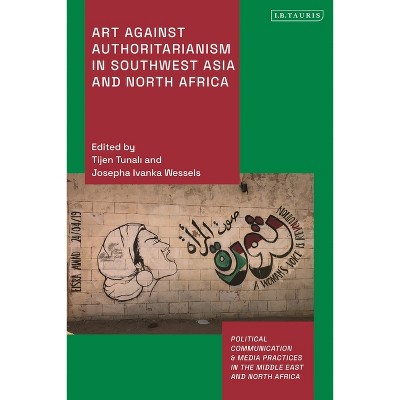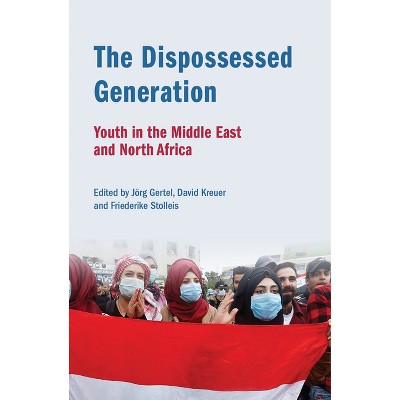Sponsored

The Economics of Water Scarcity in the Middle East and North Africa - Abridged (Paperback)
In Stock
Sponsored
About this item
Highlights
- Despite massive infrastructure investments, countries in the Middle East and North Africa (MENA) region continue to face unprecedented water scarcity due to climate change, population growth, and socioeconomic development.
- About the Author: The World Bank came into formal existence in 1945 following the international ratification of the Bretton Woods agreements.
- 226 Pages
- Business + Money Management, Economics
Description
About the Book
The Economics of Water Scarcity and Water Supply and Sanitation in Middle East and North Africa
Book Synopsis
Despite massive infrastructure investments, countries in the Middle East and North Africa (MENA) region continue to face unprecedented water scarcity due to climate change, population growth, and socioeconomic development. Current policy regimes for managing water across competing needs are primarily determined by state control of large infrastructure. Policy makers across the region understand the unsustainability of water allocations and that increasing investments in new infrastructure and technologies to increase water supply place a growing financial burden on governments. However, standard solutions for demand management--reallocating water to higher value uses, reducing waste, and increasing tariffs--pose difficult political dilemmas that, more often than not, are left unresolved. Without institutional reform, the region will likely remain in water distress even with increased financing for water sector infrastructure. 'The Economics of Water Scarcity in the Middle East and North Africa: Institutional Solutions' confronts the persistence and severity of water scarcity in MENA. The report draws on the tools of public economics to address two crucial challenges facing states in MENA: lack of legitimacy and trust. Evidence from the World Values Survey shows that people in the region believe that a key role of government is to keep prices down and that governments are reluctant to raise tariffs because of the risk of widespread protests. Instead of avoiding the 'politically sensitive' issue of water scarcity, this report argues that reform leaders and their external partners can reform national water institutions and draw on local political contestation to establish a new social contract. The crisis and emotive power of water in the region can be used to bolster legitimacy and trust and build a sustainable, inclusive, thriving economy that is resilient to climate change.About the Author
The World Bank came into formal existence in 1945 following the international ratification of the Bretton Woods agreements. It is a vital source of financial and technical assistance to developing countries around the world. The organization's activities are focused on education, health, agriculture and rural development, environmental protection, establishing and enforcing regulations, infrastructure development, governance and legal institutions development. The World Bank is made up of two unique development institutions owned by its 185 Member Countries. The International Bank for Reconstruction and Development (IBRD) focuses on middle income and creditworthy poor countries and the International Development Association (IDA), which focuses on the poorest countries in the world.
Shipping details
Return details
Frequently bought together

Trending Non-Fiction






Discover more options










